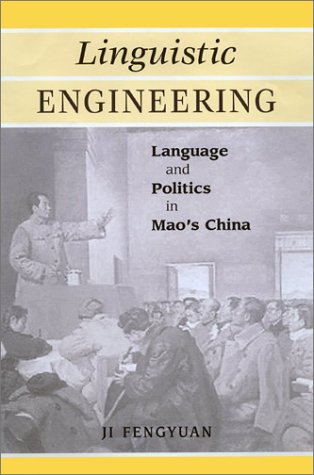

Most ebook files are in PDF format, so you can easily read them using various software such as Foxit Reader or directly on the Google Chrome browser.
Some ebook files are released by publishers in other formats such as .awz, .mobi, .epub, .fb2, etc. You may need to install specific software to read these formats on mobile/PC, such as Calibre.
Please read the tutorial at this link: https://ebookbell.com/faq
We offer FREE conversion to the popular formats you request; however, this may take some time. Therefore, right after payment, please email us, and we will try to provide the service as quickly as possible.
For some exceptional file formats or broken links (if any), please refrain from opening any disputes. Instead, email us first, and we will try to assist within a maximum of 6 hours.
EbookBell Team

4.8
104 reviewsWhen Mao and the Chinese Communist Party won power in 1949, they were determined to create new, revolutionary human beings. Their most precise instrument of ideological transformation was a massive program of linguistic engineering. They taught everyone a new political vocabulary, gave old words new meanings, converted traditional terms to revolutionary purposes, suppressed words that expressed "incorrect" thought, and required the whole population to recite slogans, stock phrases, and scripts that gave "correct" linguistic form to "correct" thought. They assumed that constant repetition would cause the revolutionary formulae to penetrate people's minds, engendering revolutionary beliefs and values.
In an introductory chapter, Dr. Ji assesses the potential of linguistic engineering by examining research on the relationship between language and thought. In subsequent chapters, she traces the origins of linguistic engineering in China, describes its development during the early years of communist rule, then explores in detail the unprecedented manipulation of language during the Cultural Revolution of 1966–1976. Along the way, she analyzes the forms of linguistic engineering associated with land reform, class struggle, personal relationships, the Great Leap Forward, Mao-worship, Red Guard activism, revolutionary violence, Public Criticism Meetings, the model revolutionary operas, and foreign language teaching. She also reinterprets Mao’s strategy during the early stages of the Cultural Revolution, showing how he manipulated exegetical principles and contexts of judgment to "frame" his alleged opponents. The work concludes with an assessment of the successes and failures of linguistic engineering and an account of how the Chinese Communist Party relaxed its control of language after Mao's death.